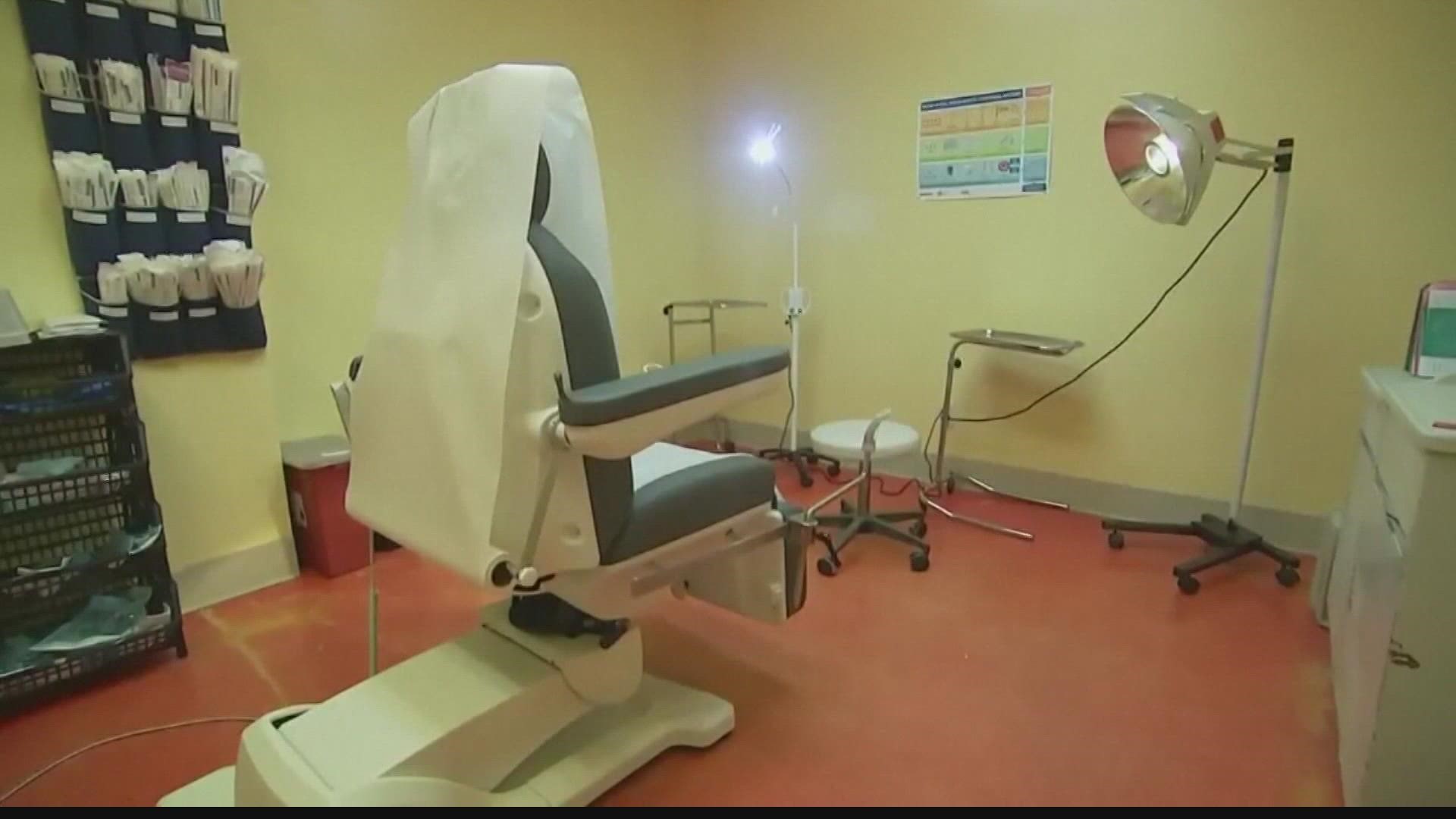INDIANAPOLIS — When Indiana's new restrictions on abortion take effect Sept. 15, there are questions about whether women could still have medical abortions in the state.
As of last year, medical abortions accounted for more than half of the abortion procedures in Indiana. Local law experts tell our partners at The Herald Bulletin in Anderson women likely could still manage a medical abortion for two reasons.
First, the medication to induce abortion, mifepristone, will still be legal in Indiana after the ban takes effect. Second, the new law doesn't create penalties for women who get an illegal abortion.
The restrictions do, however, make it illegal for physicians to prescribe the medicine, outside of exceptions for rape, incest and if the mother's life is at risk. The law also bans the use of telehealth services to provide medical abortion drugs.
But Illinois lawmakers are working on a bill protecting doctors from losing their licenses. That could shield them from penalties if they prescribe Indiana women the drugs through telehealth programs.
While women can't face penalties for breaking the Indiana law, local legal experts say it is possible that Indiana lawmakers decide to eventually criminalize women seeking an illegal abortion.
Meanwhile, prosecutors could still try to bring charges against women, despite the bill providing a legal defense.
When the law takes effect next month, clinics won't be able to offer abortions anymore, but workers say they're sticking it out until the end.
"We will be open and providing care for patients up until the day that the law goes into effect," said Sharon Lau with Whole Woman's Health Alliance in South Bend.
Other clinics in the state, like Planned Parenthood, say they will remain open. While they can't perform abortions, they will still offer other services, like birth control, emergency contraceptives and wellness visits.

